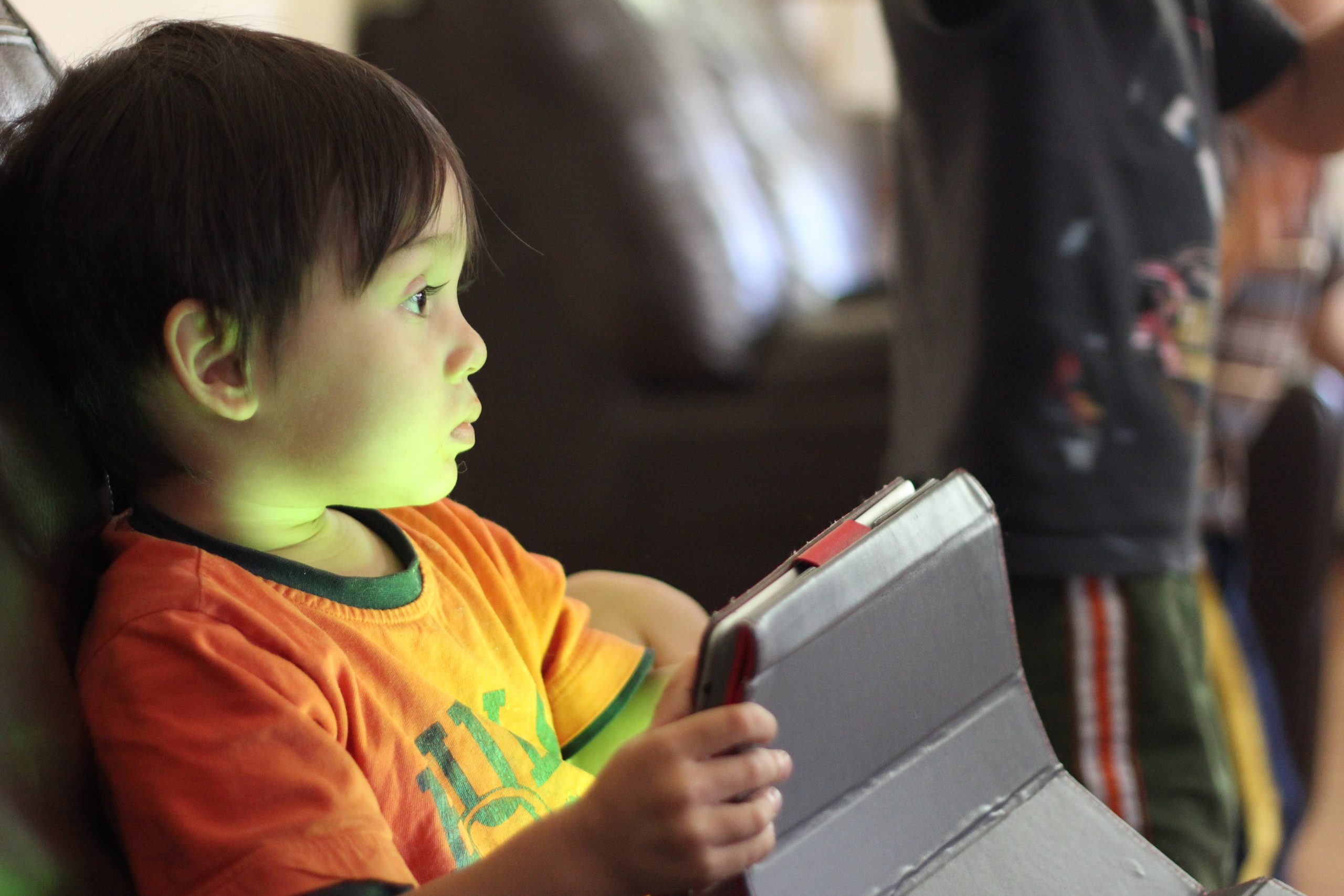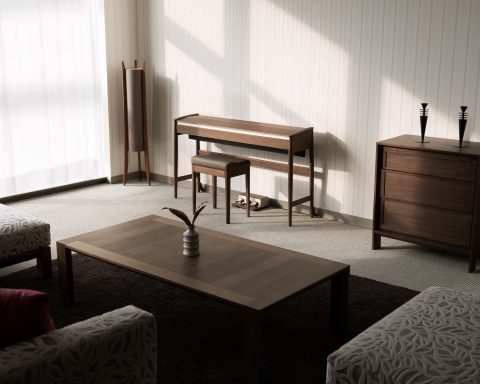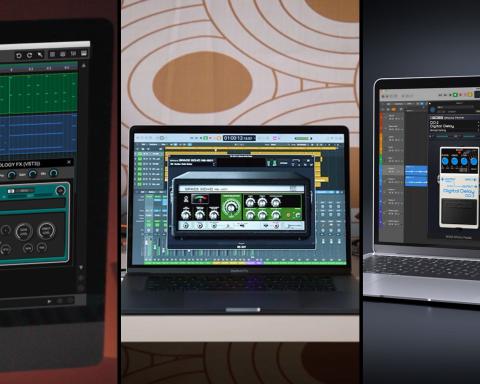Technology plays a big part in music education today and is more accessible than ever before. With so many music creation applications, parents can convince kids to make music from an early age. Let’s look at some of the app choices available and the reasons for introducing your child to this approach.
Balancing Act
But how do you strike the right balance between traditional music education and utilizing technology as a learning tool? Traditional subjects like reading music and playing an instrument remain crucial. However, some applications might help make the learning process more efficient.
"Kids inspect everything they’re curious about by touch, which is why tablets are ideal."
Tablets Vs. Smartphones
There are many reasons to rely on tablets, not smartphones. For kids at any age, the tablet is a great medium. Smartphones are too small. Desktop computers and laptops are less practical and portable in comparison.
Kids inspect everything they’re curious about by touch, which is why tablets are ideal for a creative learning experience. Additionally, tablets are big enough for your kid to see and operate everything with ease.

Music is a Reward
Make music creation a reward for practicing. If you introduce music creation apps like Roland Zenbeats as games to your children, they will perceive them as such. Most kids can already adapt to technology a lot better than the generation that came before them. That is why teenage music producers who are self-taught keep emerging every day. But learning how to play the piano or guitar and reading music are still invaluable skills to build. And building such skills takes time.
At the end of each practice routine, reward your child with a music creation session. Learning how to play a musical instrument and sight-read requires self-discipline. But your child will benefit from not seeing music as work in the long run. In short, practice sessions should be brief and intercepted with activities involving creativity.
Connect the Dots
You can connect the dots between traditional education and modern music creation tools. Real instruments will not disappear from the face of the earth any time soon. But there is no denying that music creation apps and games speed up the learning process at any age.
Some children turn out to be passionate about practicing their instrument. But for most others, inspiring such dedication takes time and maturity.
"Listening to music and playing games that incorporate music education boost creativity."
Based on my experience, I value all the classical piano and solfège lessons I’ve received. My MIDI keyboard controller is essential to my creative process today as a music producer. Without it, I couldn’t compose as fast as I do. Not to mention, learning how to play the piano helped me visualize and hear musical notes more easily.
However, today’s generation is lucky to have modern technology to support their learning. Studying music theory, sight-reading, and ear training with mobile applications can only help. Roland Piano Partner 2, MuseScore, and EarMaster all provide a solid starting point in this area.
Listening is Learning
Keep in mind that listening to music is important, too. Most people retain what they learn when they don’t feel like they have to work for it. Listening to music and playing games that incorporate music education boost creativity. If you urge your child to listen to music, they will eventually develop personal taste.
There are several companies that curate content suitable for children nowadays. Spotify Kids, YouTube Kids, and Sesame Street Makes Music are some popular examples that come to mind. Finally, exploring creativity is an ongoing process. Encourage your child to use music creation apps to develop their skills. Who knows where these tools may lead them?






